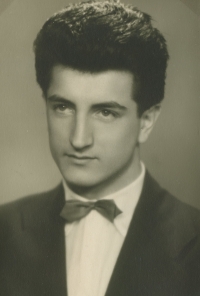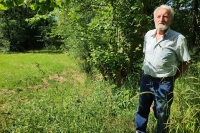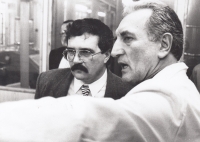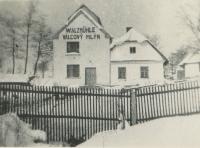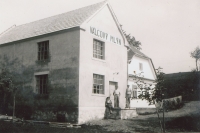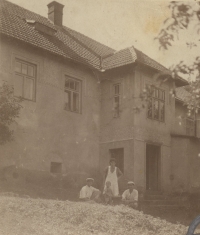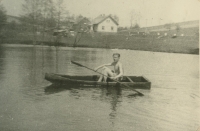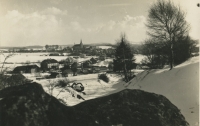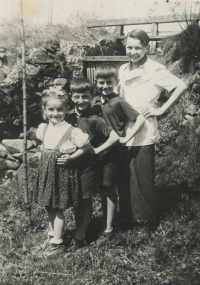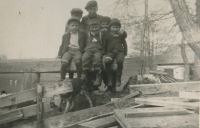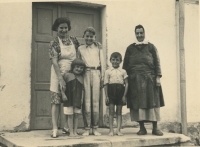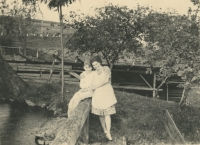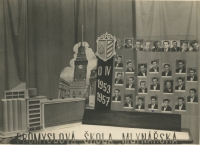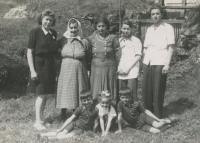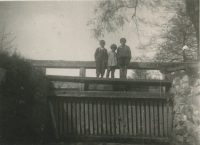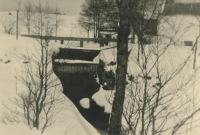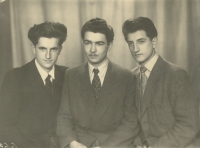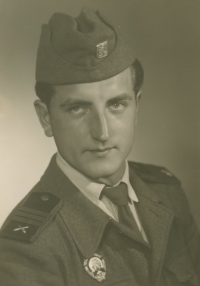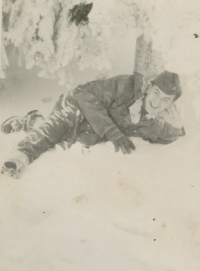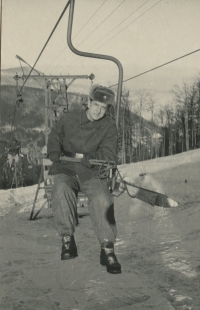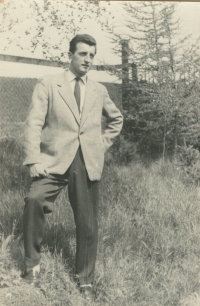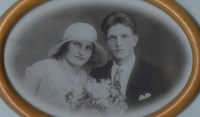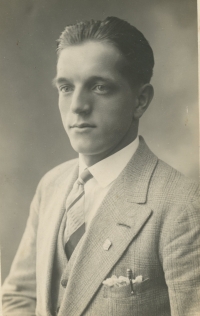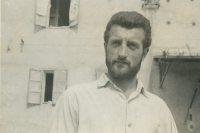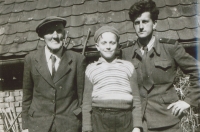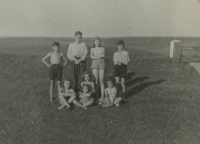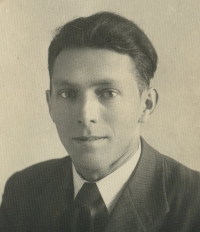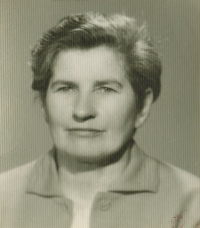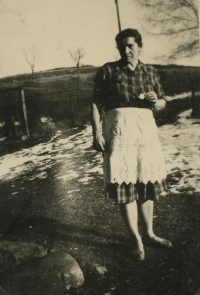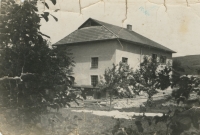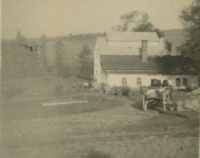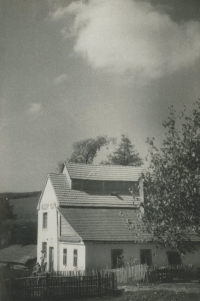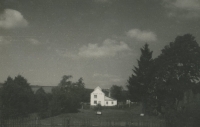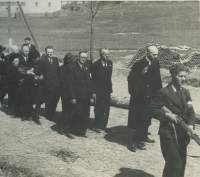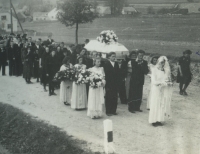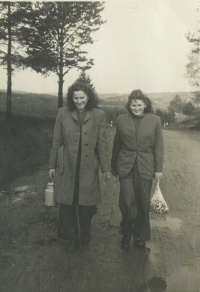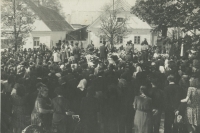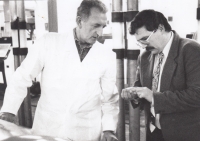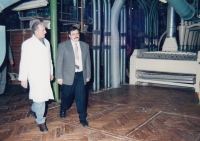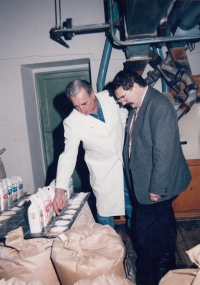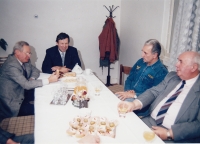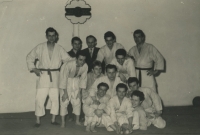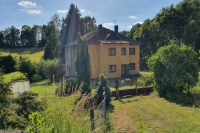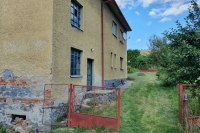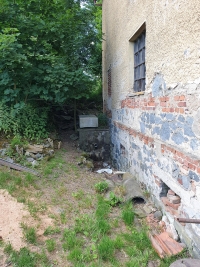My mother was arrested, I didn’t know why or where. And I had to go to the army
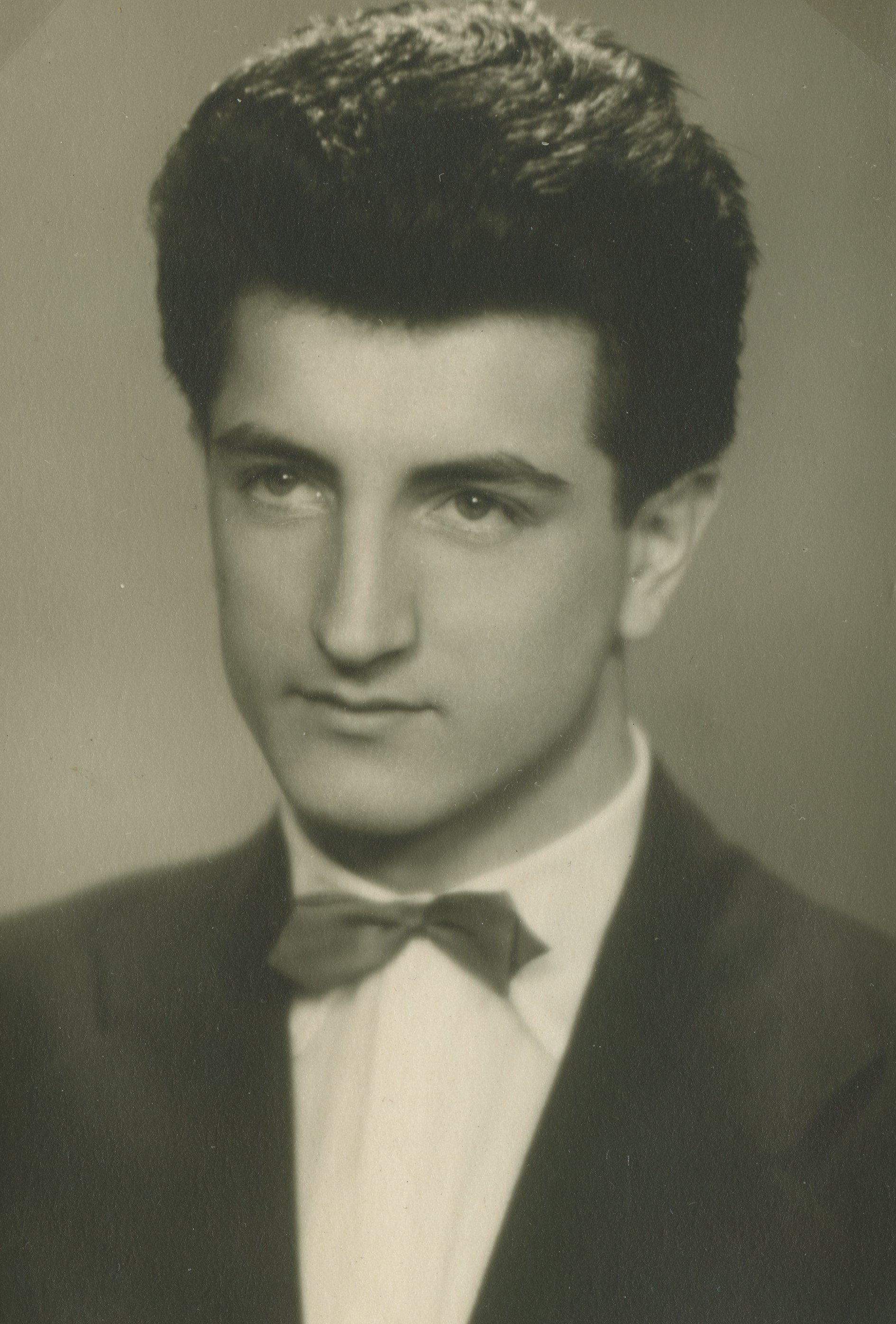
Download image
Václav Němeček was born on 6 March 1938 in the mill in Trhová Kamenice to Jarmila and Václav Němeček. He had three brothers and the youngest sister. His father died tragically in 1941 while maintaining the mill, leaving his mother to work and raise four children alone. And since the grinding never stopped and the children had to help in the mill, they all learned the trade at home. Nevertheless, fifteen-year-old Václav Němeček entered the milling school in Pardubice. By that time, the mill was no longer theirs; like other trades, it was absorbed by the controlled socialist economy and Němeček’s mill was transferred to the Jihlava Mills and later to Pardubice Mills. In 1953 it was the last mill to be milled. In 1957, the mother Jarmila Němečková was sentenced to five years and the residential part of the mill was confiscated. Václav Němeček left for basic military service and after his return he joined the Automatic Mills in Pardubice, which was undergoing reconstruction. He soon took up the position of mill foreman at Automatické mlýny and stayed with the company until the 1990s, when the mills were privatised. Václav Němeček became one of the ten co-owners of the company AMPA (Automatické mlýny Pardubice). Unfortunately, due to the fraudulent behaviour of one of the co-owners of AMPA, the largest mill in East Bohemia was lost. Václav Němeček left Automatické mlýny after forty-four years in 2004. He is married, has four children and lived in Pardubice in 2024.
